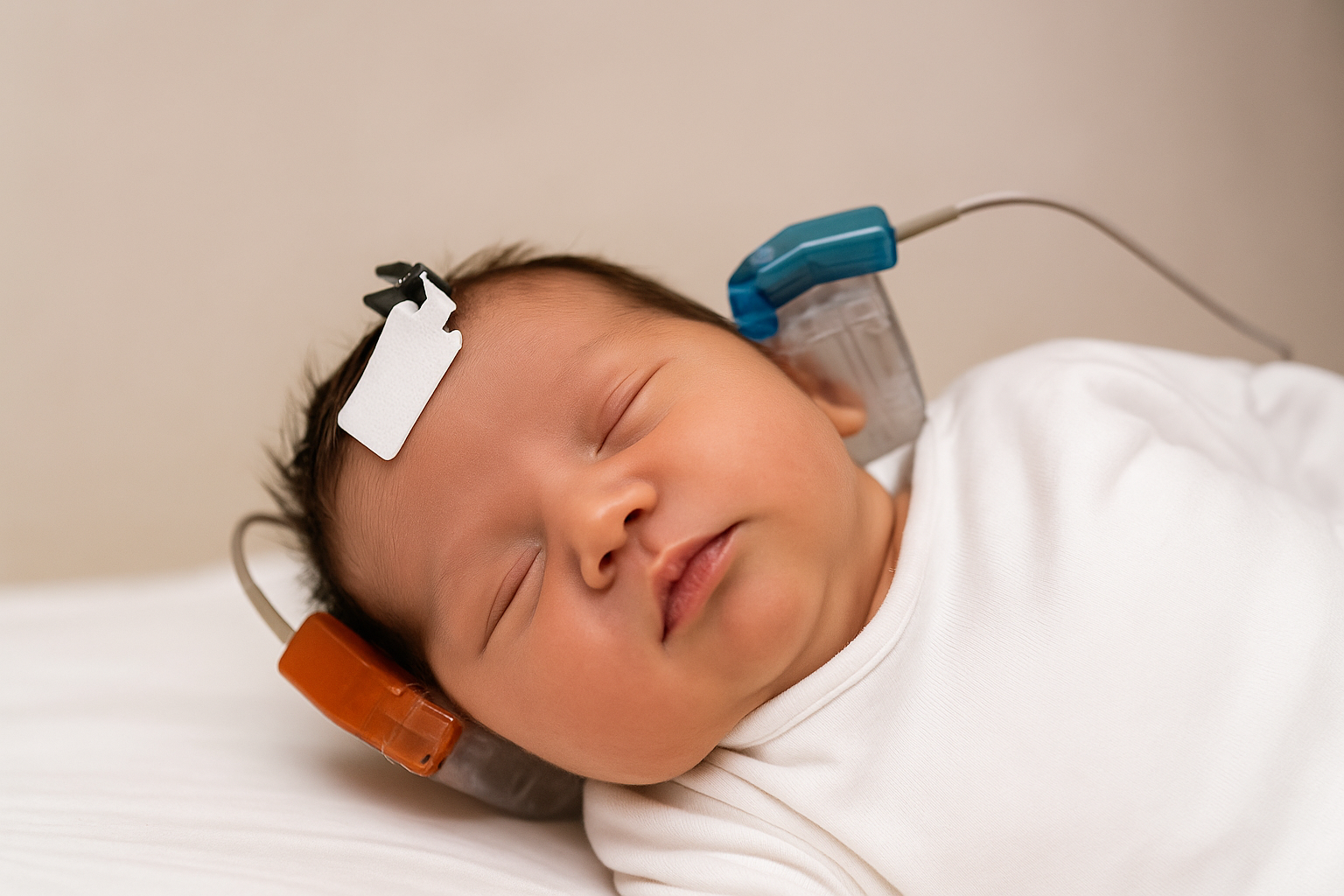Long-term Outcomes of Cochlear Implantation in Prelingually Deaf Children
A Review of Speech and Language Development
By Sherin Maliyekkal, student of the Master in Clinical Audiology and Hearing Therapy
Abstract
The research study has based on the analysis of long-term language and speech outcomes among prelingually deaf children who have cochlear implants. The study further explored the way by which early implantation affected speech production, auditory perceptions, and development of language. An SLR design was used to synthesize research findings from multiple studies based on the chosen topic. The findings of the current study highlighted that the implantation of cochlear implants before 2 years of age led to major enhancements in language skills and speech recognition. Moreover, early implantation resulted in understanding how much improvement in expressive grammar and receptive vocabulary were seen among implant users and normal hearers. On the other hand, it was also observed that although the enhancements were seen even after 4 years of using the implants, the efficacy reduced after 6 years of using the device. Differences in results were primarily associated with factors that include developmental disabilities and cognitive decline. The research has further recommended focusing on the use of cochlear implantations as an early intervention to enhance its benefits. The research findings are insightful for families and clinicians appointed to promote the life quality of children who have been using cochlear implants for a long period of time.
Keywords: Cochlear Implantation, Prelingually Deaf Children, Speech Development, Language Outcomes, Early Intervention, Long-term Effects, Influencing Factors.
Download the full Research Work: Sherin Maliyekkal (2025). Long-term Outcomes of Cochlear Implantation in Prelingually Deaf Children – A Review of Speech and Language Development.SAERA













